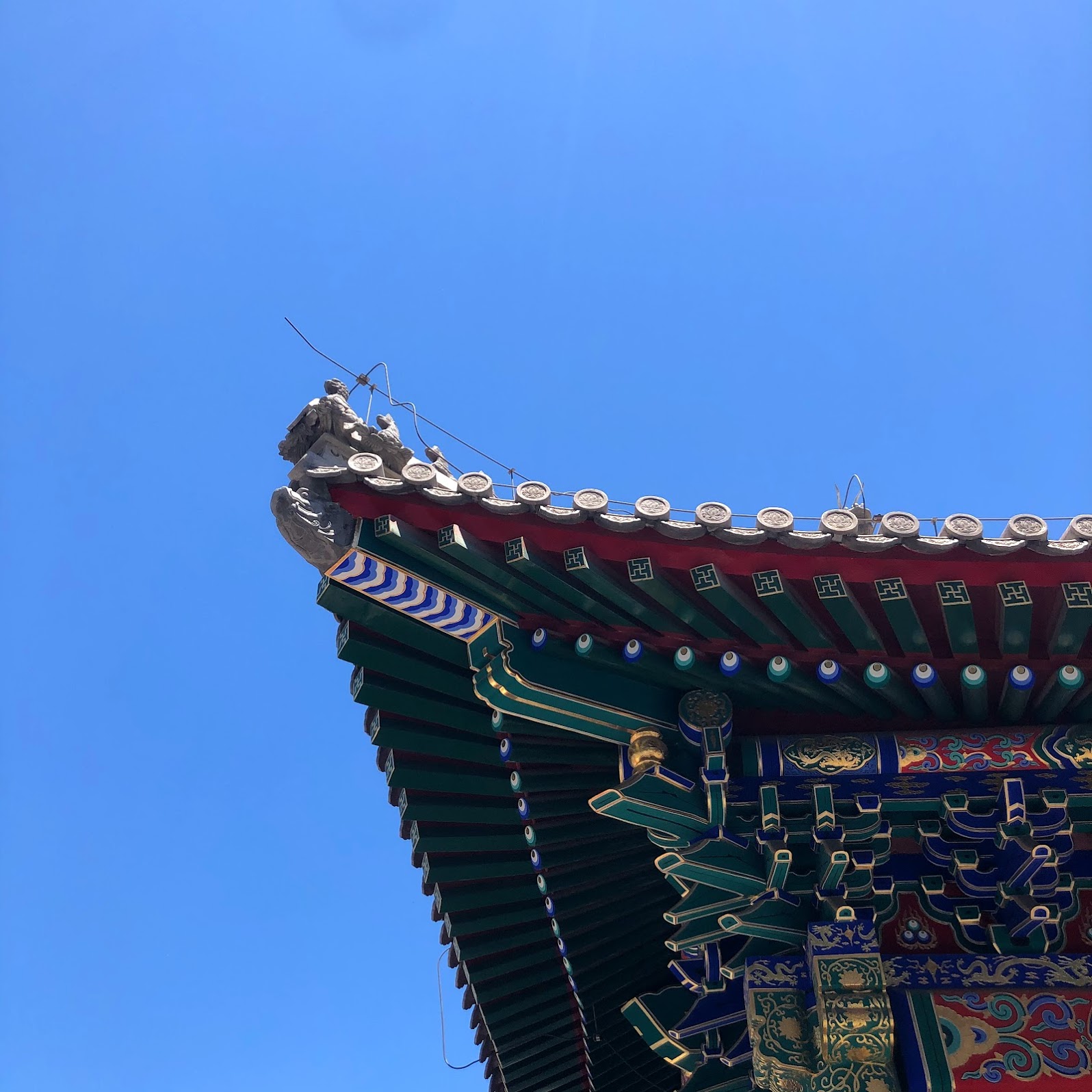About Me
I am an M.D. candidate at School of Medicine, Tsinghua University. Currently, I am doing clinical practice at Peking Union Medical College Hospital (PUMCH), China.
I am interested in translational biomedical research and solving clinical problems using artificial intelligence. I have worked on computational methods for the identification of biomarkers for patients’ responses to anti-cancer reagents. I have developed a screening platform to identify therapeutic targets for treating cancer patients based on the CRISPR/Cas9 technology. Recently, I have been using data mining strategies to analyze large scale electrical medical records.
I am expecting to earn my M.D. degree in June 2022, and I am looking for doctor positions in oncology. Alternatively, I’m considering taking post-doc positions in translational biomedical research.
Feel free to add My wechat if any interests.
Education
Bachelor of Science
Tsinghua University
2014 - 2017
I spent 3 years at Tsinghua University studying basic science and pre-med courses. I’ve covered many mathematics, chemistry, and physics subjects, including calculus, linear algebra, probability and statistics, general physics, pharmacology, inorganic, analytical and organic chemistry. I also had many experimental subjects, e.g., biochemistry, cell biology, molecular biology, genetics, neuroscience, etc. Medical courses I took included anatomy, histology, physiology, pathology, pathophysiology, immunology, microbiology, parasitology, psychology, etc.
During my undergraduate, I undertook some projects with Prof. Li Wu and Prof. Xuegong Zhang on immunology and bioinformatics.
I spent a lot of my free time taking computer science courses and received some certificates of Computer Science.
Master of Research
University of Melbourne
2017 - 2019
I previously received an Masters’ of Research from University of Melbourne, during which I was fortunate to work with Prof. David Huang from the Department of Cancer and Haematology and Prof. Terry Speed from the Department of Bioinformatics, the Walter and Eliza Hall Institute of Medical Research. My researches focus on translational cancer research, large-scale CRISPR/Cas9 screening, and computational methods for predicting responses for anti-cancer treatments. I received funding support from the National Scholarship Council.
Doctor of Medicine
Tsinghua University & Peking Union Medical College Hospital (PUMCH,北京协和医院)
2019 - 2021
I am studying clinical medicine and rotating as an intern doctor at the Peking Union Medical College Hospital (PUMCH), China.
At the same time, I have collaborated with several professors at the Chinese Academy of Medical Sciences & PUMCH, including: Prof. Jingnan Li in Gastroenterology, approaches for gut microbiomic profile analysis; Prof. Xin You in Rheumatology, exploring flora transplantation with metabolomic and gut microbiomic approaches for patients with autism; Dr. Chong Wei in Hematology: transcriptome analysis for immunotherapy of leukemia; Dr. Jia-Nan Gong in Animal Research Institute: targeted therapeutic approaches for various solid tumors (gastric cancer, colorectal cancer, etc.).
Selected Projects
I am studying clinical medicine and rotating as an intern doctor at the Peking Union Medical College Hospital (PUMCH), China.
The program includes clinical courses (e.g. diagnostics, internal and external medicine, neurology, obstetrics and gynecology) and internship rotations in all major departments at PUMCH.
Advancing BH3 mimetics for treating cancers
2017 - 2019
We identified two BCL2 relatives as the most important survival factors for the colorectal cancer (CRC). We also validated them as potential targets by pharmacological inhibition in both in vivo models and patient-derived organoids. We have published an abstract at the 2018 EMBL Australia Postgraduate Symposium (EAPS18). I presented this work as one of the keynote speakers EAPS18. This work is published in Cell Death and Disease (IF=6).
Predicting responses to BH3 mimetic compounds using transcriptional profiles
2018 - 2019
I have developed computational models for predicting the sensitivity of BH3 mimetics and other anticancer therapies based on molecular profiles (e.g. transcriptomics). Additionally this model has shown potential in identifying biomarkers which might be related to the biological mechanisms of the drugs. I have presented this work as an oral poster presentation at the Melbourne Health Young Investigators Research Symposium 2019.
Identifying regulators of pro-survival factors by CRISPR/Cas9 screening
2018 - 2019
BCL2 and its relatives have been implicated to play a crucial role to maintain the survival of various malignances. To identify therapeutic targets that can be utilized to inhibit BCL2 and its relatives, we optimize a genome-wide clustered regularly interspaced short palindromic repeats (CRISPR) screening platform and use it to identify genetic vulnerabilities in cancer cells. We have identified several candidate genes. I have finished this work for a section in my M.Res. thesis.
Structural analysis of MRJP1 protein
2017
Based on the research prospects of major royal jelly protein1 (MRJP1), we focused on using biochemical and biophysical methods to study its spatial structure and its stability and explored its protective effect on the degeneration process of cataract-causing crystal proteins. We published an abstract based on this work at the 13th National Enzymology Symposium.
SuvCas9: a surveillance system for monitoring carcinogenesis
Gold medal at iGEM
2016
We constructed a suvCas9 system in S. cerevisiae to function as the monitor of genomic sequence. The system has the potential to prevent carcinogenesis by killing all the mutated cells. We won a gold medal for this project at iGEM (International Genetically Engineered Machine competition).
BIOINFORMATICS AND DATA SCIENCE
I have been working intensively on projects requiring both wet-lab and bioinformatics skills. I am familiar with data mining on large scale biomedical databases, such as The Cancer Genome Atlas (TCGA). I have experience working with NGS data including single cell sequencing, RNA seq, Chipseq, ATAC seq, microbiome data and etc. I have taught Bioinformatics Workshops at the NJU(Nanjing University)-WEHI Symposium 2018.
My skills:
- Programming languages: R, bash, python and matlab
- Data-mining: large scale biomedical resources, web scraper
- Mathematical modeling: classical statistics, ODE modelling, machine learning methods
A Little More About Me
Here is some of my other interests and hobbies are:
- Swimming
- Demigods and Semi-Devils (天龙八部) and other fictions by Gum Yoong
- Photography
see this picture I took near PUMCH.
